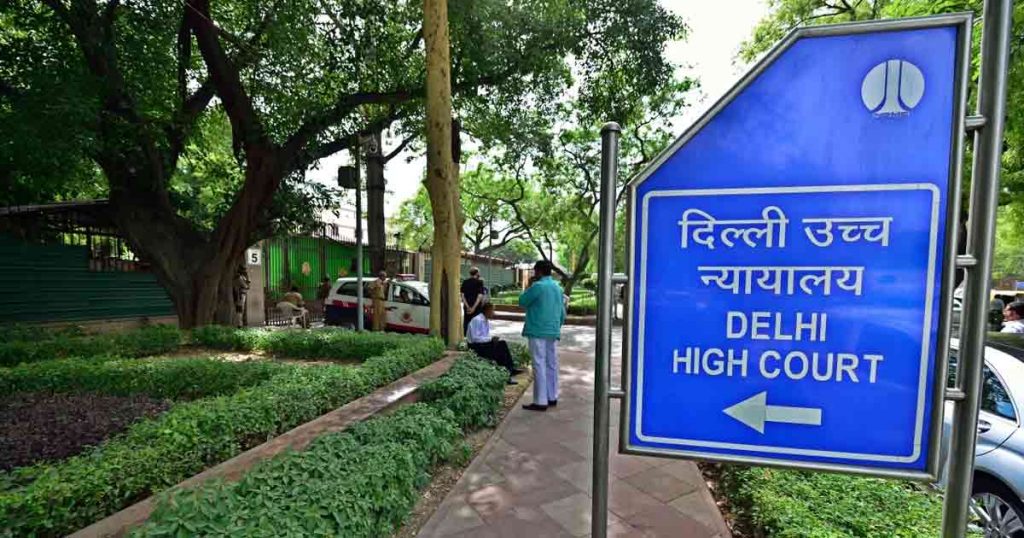
The ‘blocked credits’ under GST (Goods and Services Tax) is affecting the malls and hotels and regarding this, the Delhi High Court issued a notice on 20th May 2019 to the Centre and Delhi government.
Under the section 16 of the GST Act for the ITC (Input Tax Credit) has a provision that gives the benefits to the businesses by which it can cut down the tax paid on inputs during paying the output tax. This helps in reducing the cash flow during the payment of tax. This section contains some restrictions given in Section 17 and these restrictions are known as ‘blocked credits’.
The similar section says “Where the goods or services or both are used by the registered person partly for the purpose of any business and partly for other purposes, the amount of credit shall be restricted to so much of the input tax as is attributable to the purposes of his business.”
Read Also: GST: Impact of New Taxation Structure on Works Contract
The petition was transferred by the construction of a five-star hotel in Delhi. It is acquiring many goods and services which includes the works contract services that are used for building the property.
On what there is the denial of the credit?
It has been mentioned in the petition that on the basis of provisions under the Act, the petitioner is rejected, for the ITC claimed for goods or services or both which includes the ‘works contract services’ used for the construction of the fixed property.
It has been said that the property created by the petitioner which is ignored by the ‘denial of credit’ will be used for a further period of the business.
About what does the petition talks?
The petition talks about two provisions of the ‘Blocked credits’.
Section 17(5)(c) says “ITC shall not be available in respect of the works contract services when supplied for construction of an immovable property (other than plant and machinery) except where it is an input service for further supply of works contract service”.
Section 17(5)(d) says “ITC will not be available for goods or services or both received by a taxable person for construction of an immovable property (other than plant or machinery) on his own account, including when such goods or services or both are used in the course or furtherance of business.”
It was said in the court to overrule and declare both the above-mentioned provisions as petitioner’s violation of the fundamental rights and also to declare as a breach of Article 14 (Equality before the law) of the Constitution.
Mr Abhishek A Rastogi, partner of Khaitan and Company is debating the matter in the Delhi High Court and according to him it is intended to refuse the credit of provisions like Section 17(5) of the CGST Act and the specific State Acts in arbitrary for construction projects. On the other hand, the main aim of the GST is completely different which includes providing credits to the receiver during output or as the business progresses. The applicable provisions have been challenged on the basis of arbitrariness and ambiguity of the quote ‘on his own account’.
Recommended: GST India: A Helpful Guide for Consumers, B2B and B2C
He said, “The distinction between B2B (business to business) and B2C (business to consumer) transactions, especially for cases when the output activity is charged to GST, needs to be looked into to avoid tax cascading effect”.









